-
BlueRigger Dual Shielded Subwoofer Audio RCA Cable with Gold plated connectors (8 ft /15 ft /35 ft)
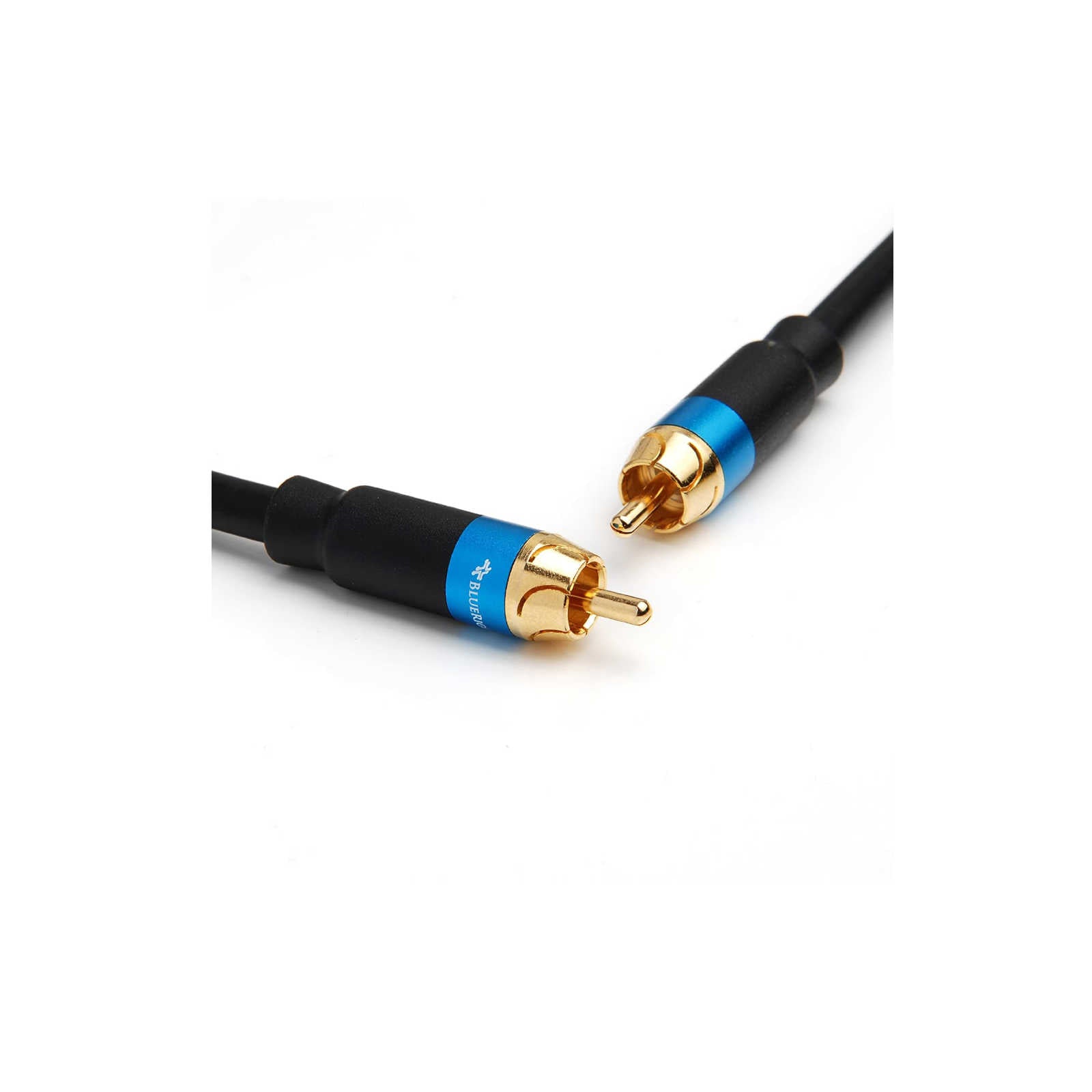
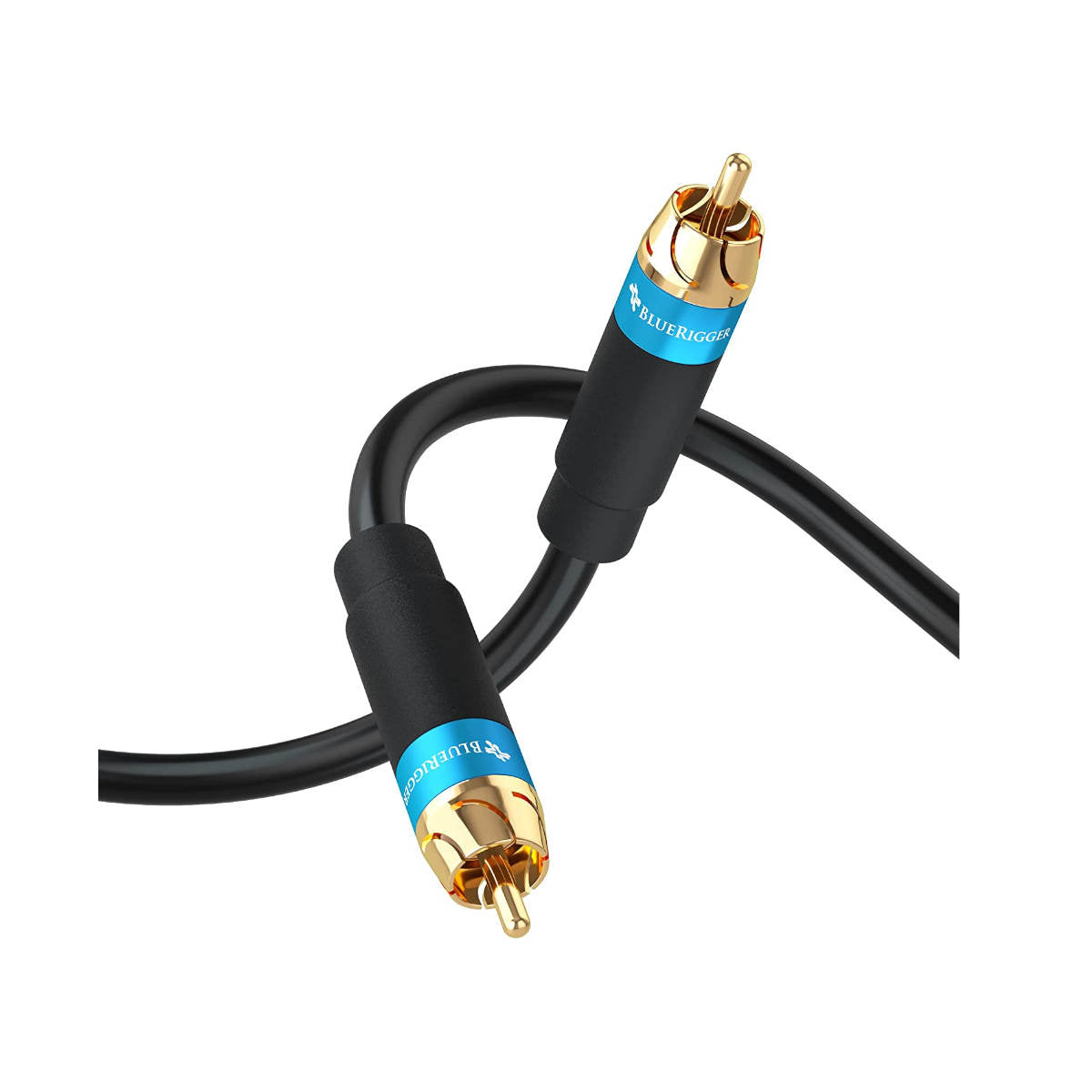 Vendor:Bluerigger
Vendor:BlueriggerBlueRigger Dual Shielded Subwoofer Audio RCA Cable with Gold plated connectors (8 ft /15 ft /35 ft)
- Regular price
- From 1,649.00
- Sale price
- From 1,649.00
- Regular price
- 1,649.00
-
BlueRigger RCA Stereo Cable - 2 x RCA Male to 2 x RCA Male Audio Cable (6ft /10ft /15ft)
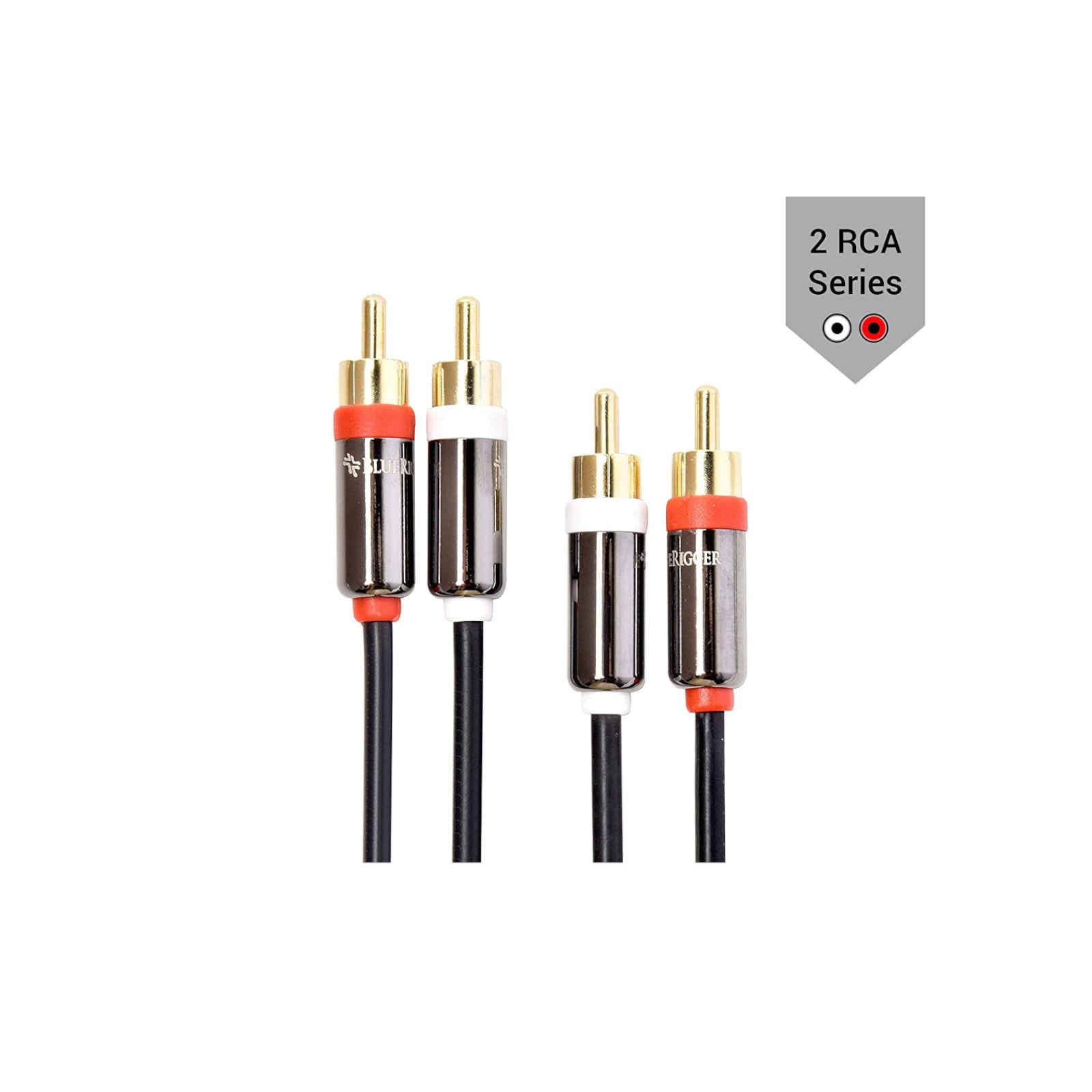
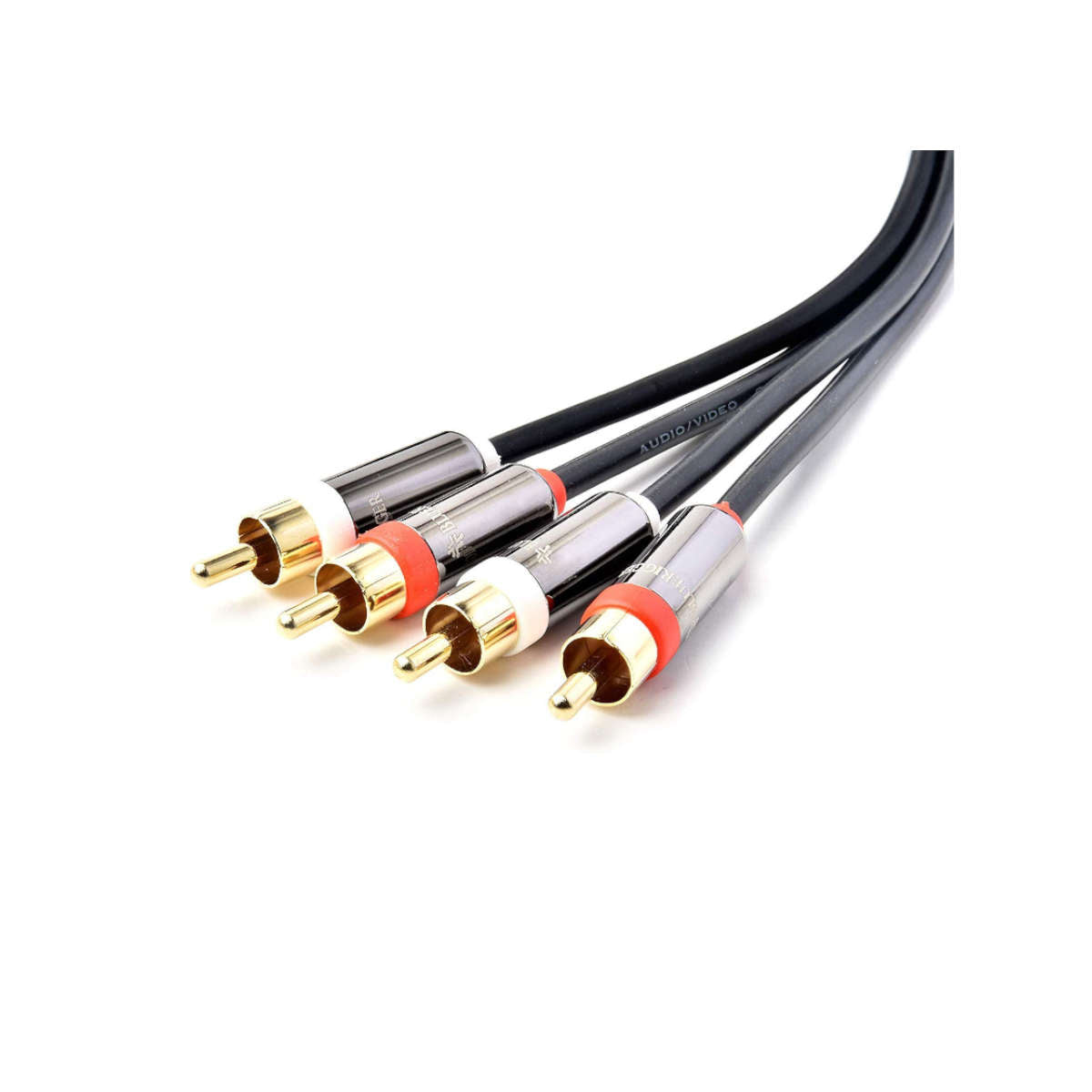 Vendor:Bluerigger
Vendor:BlueriggerBlueRigger RCA Stereo Cable - 2 x RCA Male to 2 x RCA Male Audio Cable (6ft /10ft /15ft)
- Regular price
- From 925.00
- Sale price
- From 925.00
- Regular price
- 1,889.00
-
BlueRigger 3.5MM to RCA Stereo Audio Cable (8ft /12ft)
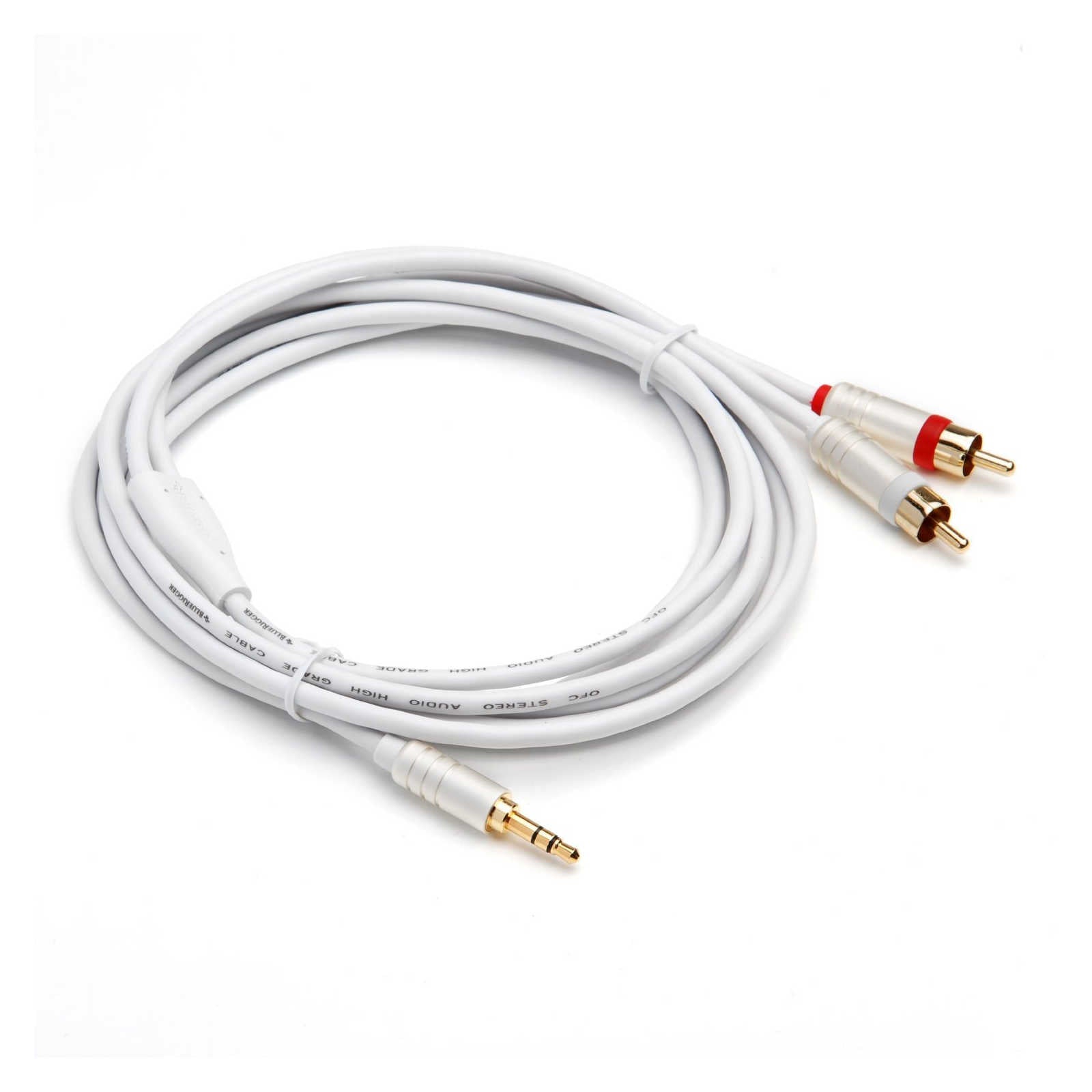 Vendor:Bluerigger
Vendor:BlueriggerBlueRigger 3.5MM to RCA Stereo Audio Cable (8ft /12ft)
- Regular price
- From 1,249.00
- Sale price
- From 1,249.00
- Regular price
- 1,249.00
-
BlueRigger RCA Component Video and Audio Cable (6 ft /1.8 m)
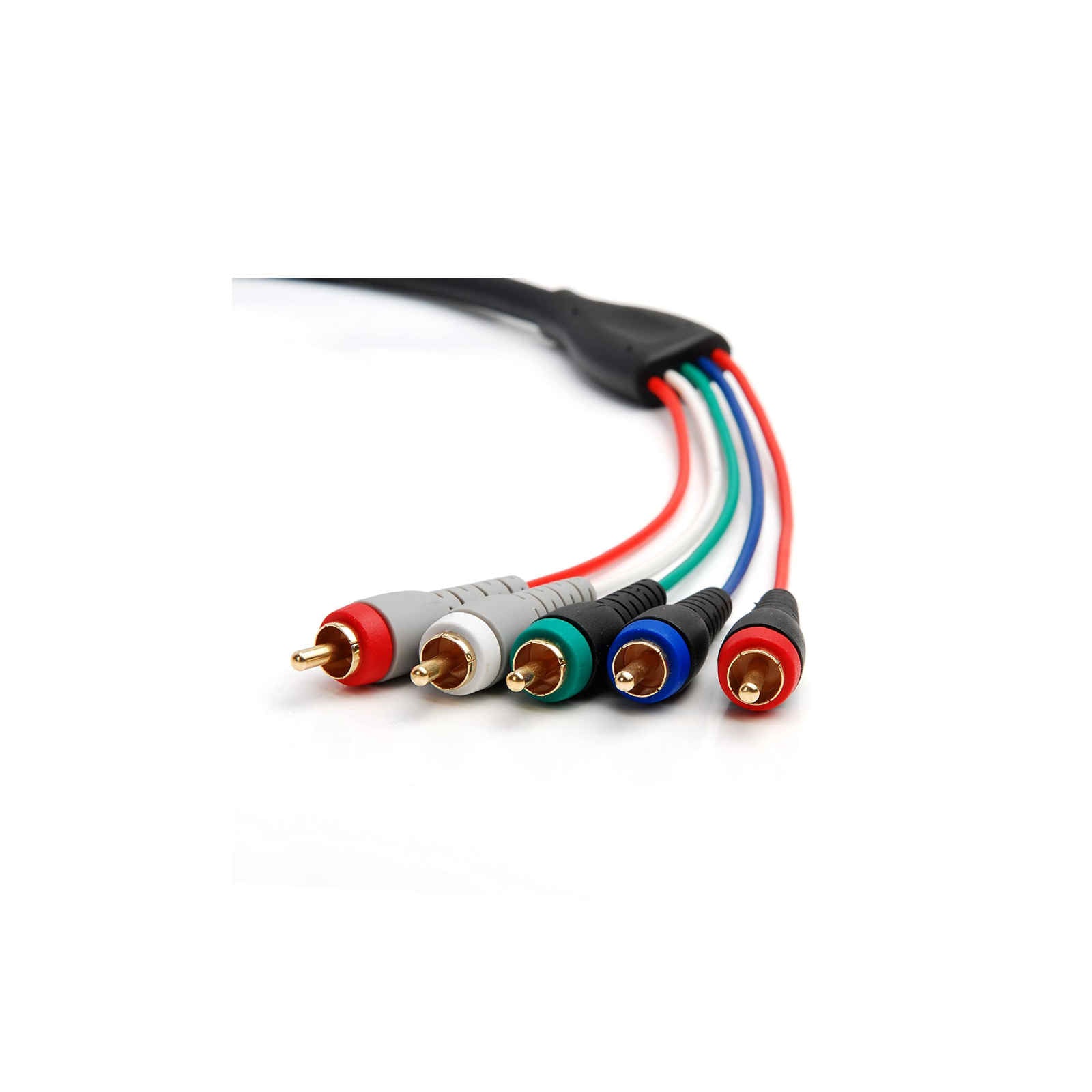 Vendor:Bluerigger
Vendor:BlueriggerBlueRigger RCA Component Video and Audio Cable (6 ft /1.8 m)
- Regular price
- 1,849.00
- Sale price
- 1,849.00
- Regular price
- 1,849.00
-
BlueRigger RCA Stereo Cable - 3 x RCA Male to 3 x RCA Male Audio Cable (6ft /10ft /15ft)
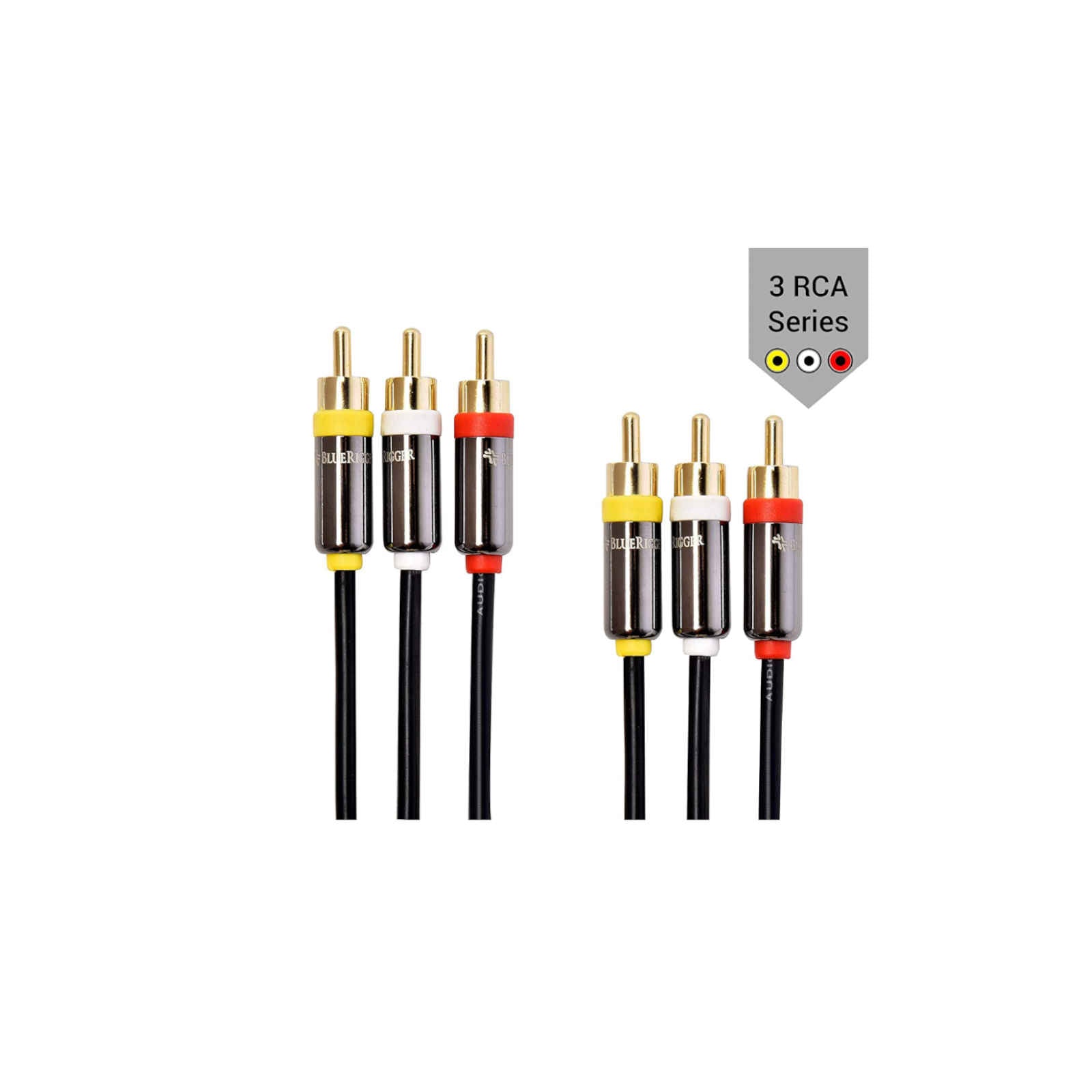
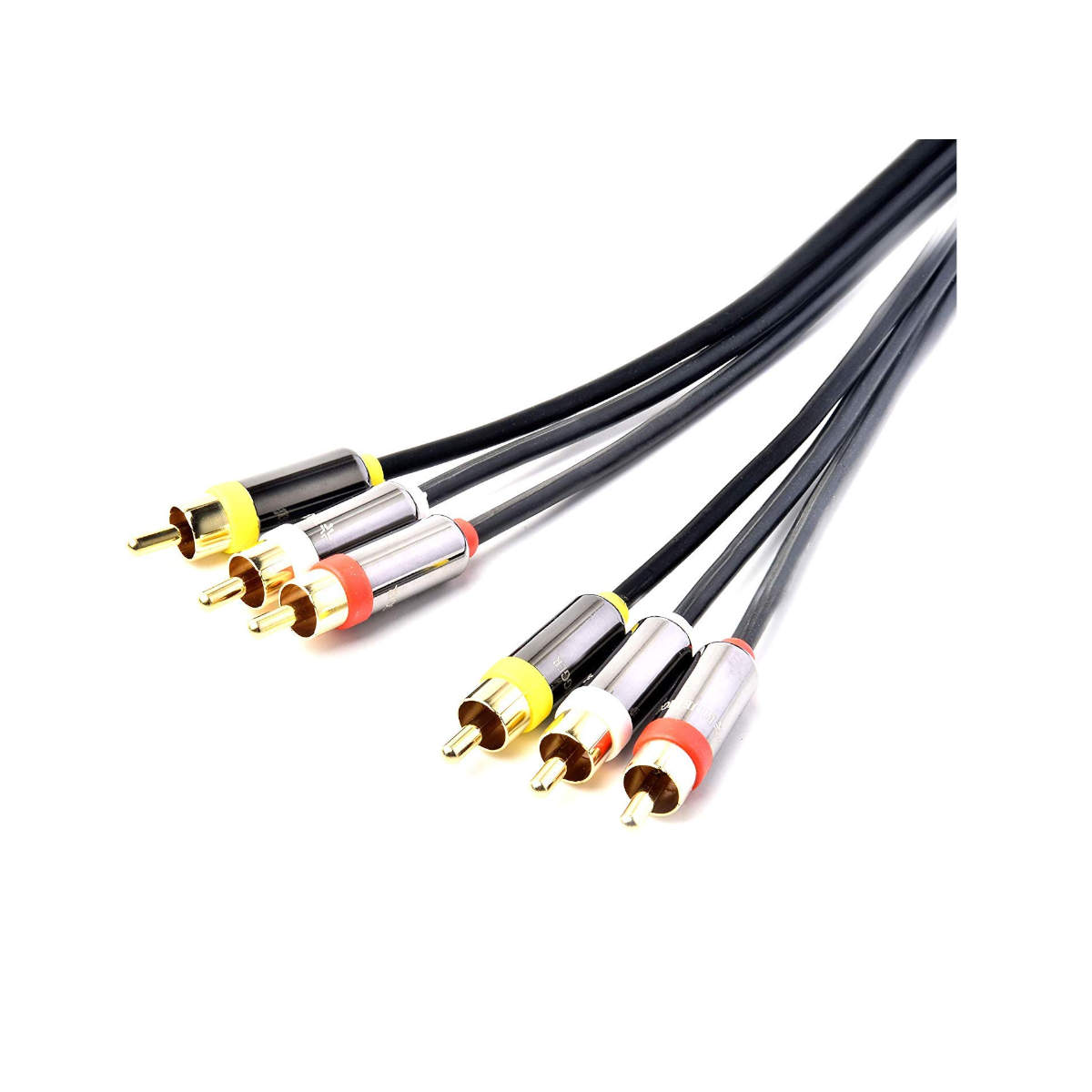 Vendor:Bluerigger
Vendor:BlueriggerBlueRigger RCA Stereo Cable - 3 x RCA Male to 3 x RCA Male Audio Cable (6ft /10ft /15ft)
- Regular price
- From 2,599.00
- Sale price
- From 2,599.00
- Regular price
- 2,599.00
Subwoofer Cables - The Messengers of Good Bass
Subwoofer cables are audio cables that transmit low-frequency signals from a subwoofer to an audio receiver or amplifier. They are designed to carry signals specifically in the lower frequency range, typically between 20Hz to 200Hz, which are the frequencies most important to the subwoofer's performance.
Subwoofer cables are similar to normal speaker cables, but they are designed with thicker wires and insulation to handle the higher power levels that are required for low-frequency signals. They typically have a single RCA connector on each end, which is used to connect to the subwoofer output on the receiver or amplifier and the input on the subwoofer.
High-quality subwoofer cables are made of high-purity copper or silver conductors, which have low resistance and provide a much better signal transfer. They also have high-quality shielding to prevent interference from other electronic devices or electrical noise. Some high-end subwoofer cables may also have additional features such as gold-plated connectors or braided shielding for improved durability.
Why do I Need Subwoofer Cables?
While subwoofer cables are not strictly necessary for good subwoofer performance, they can make a noticeable difference in the sound quality, especially if you have a high-quality subwoofer and audio system. Using a cheap or poorly shielded cable can lead to distortion, signal loss, and interference, which can degrade the audio quality and affect the overall listening experience.
The lifespan of a subwoofer cable will depend on various factors such as usage, environmental conditions, and cable quality. A high-quality cable that is well-maintained can last for many years, but cheaper cables may need to be replaced more frequently, especially if they are subjected to frequent bending, twisting, or abrasion.
We also offer a wide range of products to help you create the perfect home theatre setup. You can find additional components using the links below.
Shop for High-quality Subwoofer Cables
Ooberpad is one of the leading marketplaces offering high-quality subwoofer cables and related gear for home theatres in a wide range of configurations featuring various leading brands. This enables you to put together a capable home theatre system offering excellent cinematic audio reproduction.
Shop for subwoofer cables in India at the best price online with enticing discounts, free pan-India shipping, and 0% financing only on Ooberpad. We offer authentic products and a team dedicated to answering any product clarification or after-sales queries to ensure 100% customer satisfaction.
Frequently Asked Questions (FAQs)
Q. How long can a Subwoofer Cable be?
A. The length of a subwoofer cable will depend on several factors, including the quality of the cable and the specific equipment being used. In general, subwoofer cables can range in length from a few feet to over 50 feet.
However, as the cable length increases, there is a greater risk of signal degradation, interference, and loss of audio quality. To minimize these issues, it's recommended to use the shortest cable possible that can still reach the desired connection points.
When using longer subwoofer cables, it's also important to use high-quality cables with good shielding and a larger gauge size to compensate for the longer distance. This will help to maintain signal integrity and reduce the risk of noise or distortion.
In general, for most home theatre setups, a subwoofer cable of 25 feet or less should be sufficient. For longer distances, a more robust cable may be necessary, or you may need to consider using a wireless subwoofer kit instead.
Q. What Cable do I need to connect a Subwoofer to a Receiver?
A. To connect a subwoofer to a receiver, you will need a subwoofer cable. A subwoofer cable is a type of audio cable that is designed specifically for low-frequency signals and is used to connect the subwoofer output on the receiver to the input on the subwoofer.
Subwoofer cables typically have a single RCA connector on each end, which is used to plug into the subwoofer output on the receiver and the input on the subwoofer. The cable is usually shielded to minimize interference and signal loss and is available in various lengths to accommodate different setups.
When choosing a subwoofer cable, it's important to select one that is of high quality and has good shielding to minimize the risk of signal degradation or noise. The length of the cable should also be appropriate for your setup, with the shortest cable possible that can still reach the desired connection points being the best option.
Q. Do Subwoofer Cables matter?
A. Yes, subwoofer cables can matter when it comes to the overall performance of your subwoofer and audio system. While a subwoofer cable may not be the most critical component of an audio system, it can have an impact on the quality of the sound and the overall listening experience.
A high-quality subwoofer cable can help to minimize signal loss, distortion, and interference that can be caused by low-quality or poorly shielded cables. This can result in a cleaner, more accurate sound with better bass response, especially in larger or more complex audio setups.
Additionally, subwoofer cables that are too long or of poor quality can cause the subwoofer to receive a weaker signal, resulting in reduced volume or less impactful bass. In some cases, the subwoofer may not work at all if the cable is not adequate.








